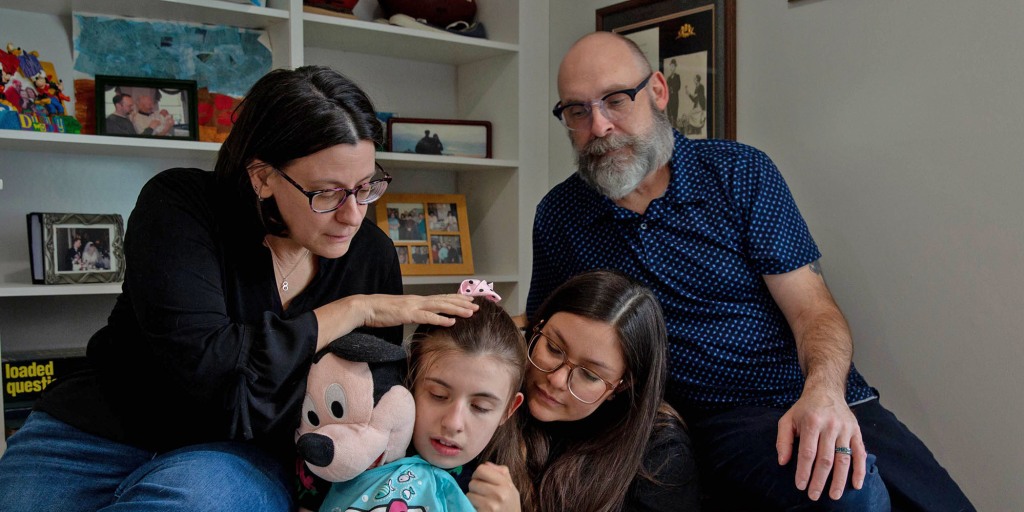Caregiving in Crisis: How Strict Immigration Policies Tear Families Apart

As the Trump administration continues to tighten immigration policies, nursing homes and home health care providers face a critical workforce challenge. Foreign-born workers, who have long been the backbone of elder care services, are now at risk of being squeezed out of an industry that desperately depends on their expertise and dedication.
These essential healthcare workers fill crucial gaps in an aging population's care needs, providing compassionate support and professional medical assistance to millions of Americans. The potential reduction in immigrant workers threatens to create significant staffing shortages, potentially compromising the quality of care for vulnerable seniors and patients who rely on home health services.
With strict immigration restrictions looming, healthcare facilities are increasingly concerned about maintaining adequate staffing levels. The proposed policies could not only disrupt current care networks but also create long-term challenges in recruiting and retaining skilled healthcare professionals from diverse international backgrounds.
The impact extends beyond immediate staffing concerns, potentially undermining the delicate infrastructure of elder care that depends on the contributions of immigrant workers who bring unique skills, cultural competence, and a strong work ethic to the healthcare sector.
